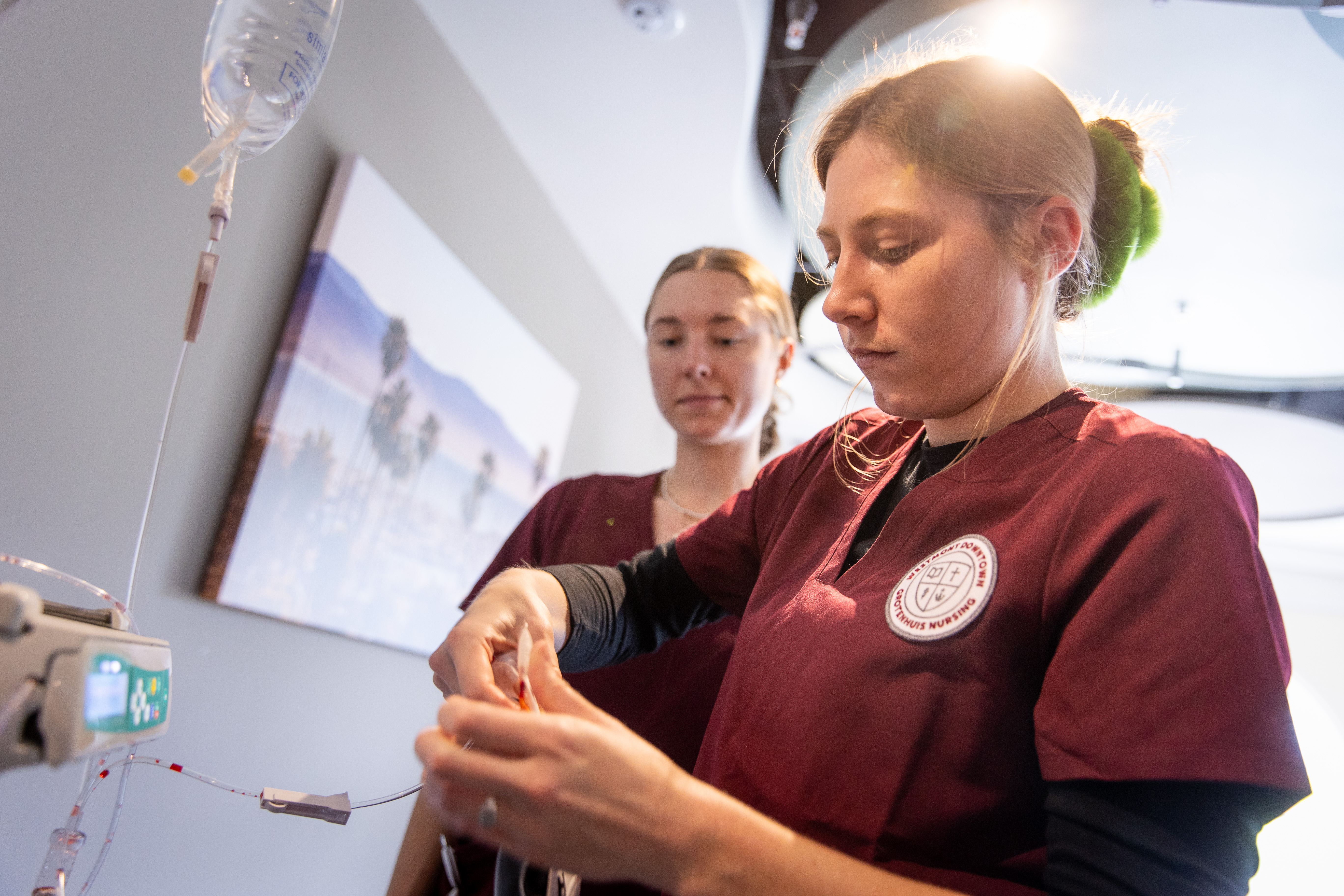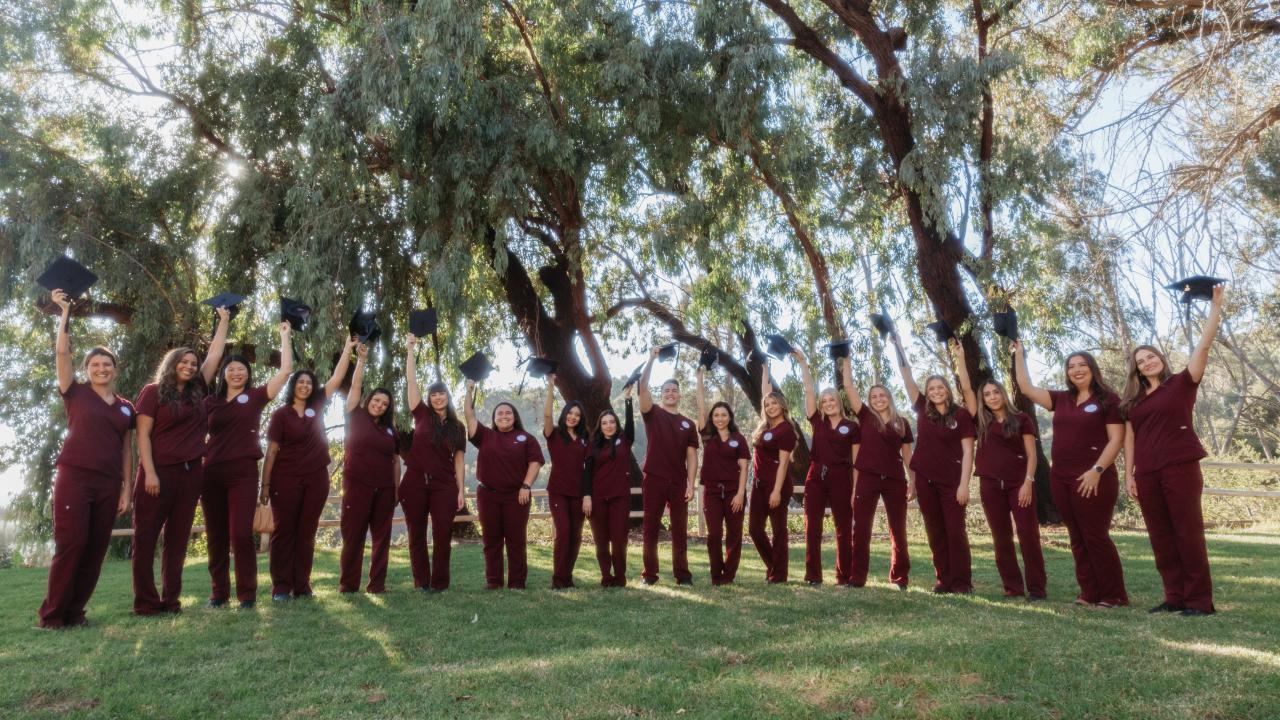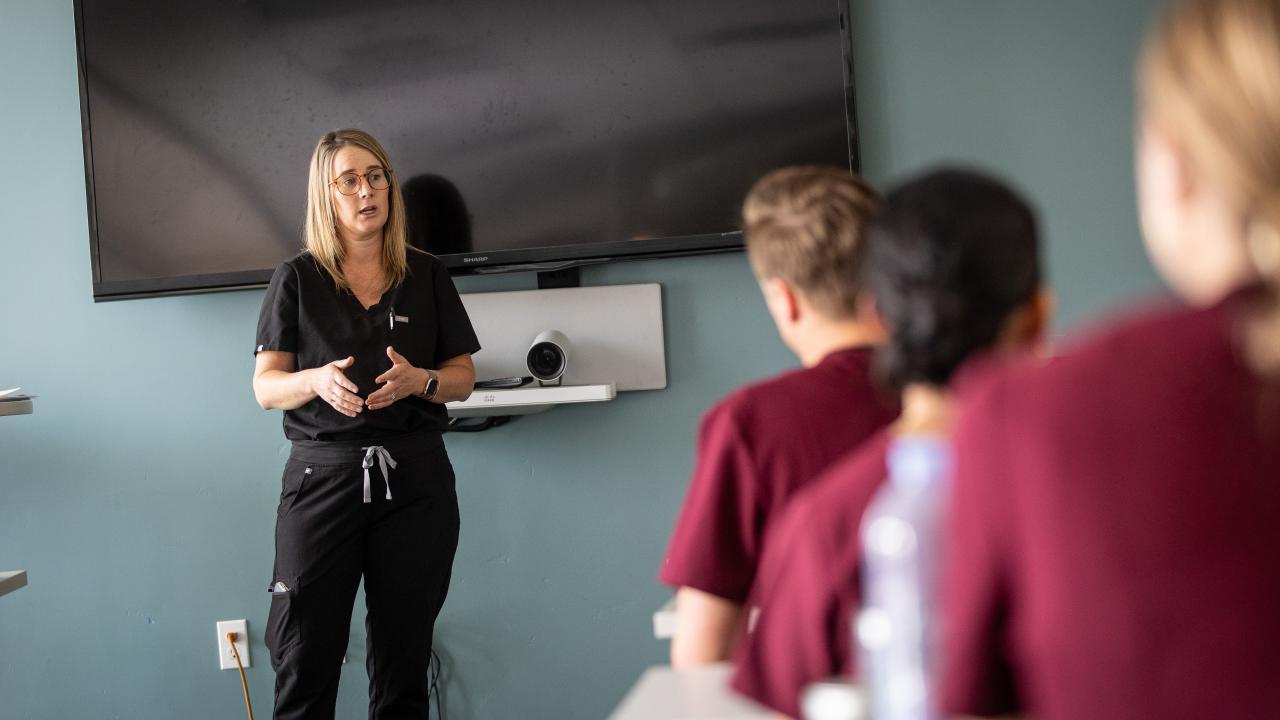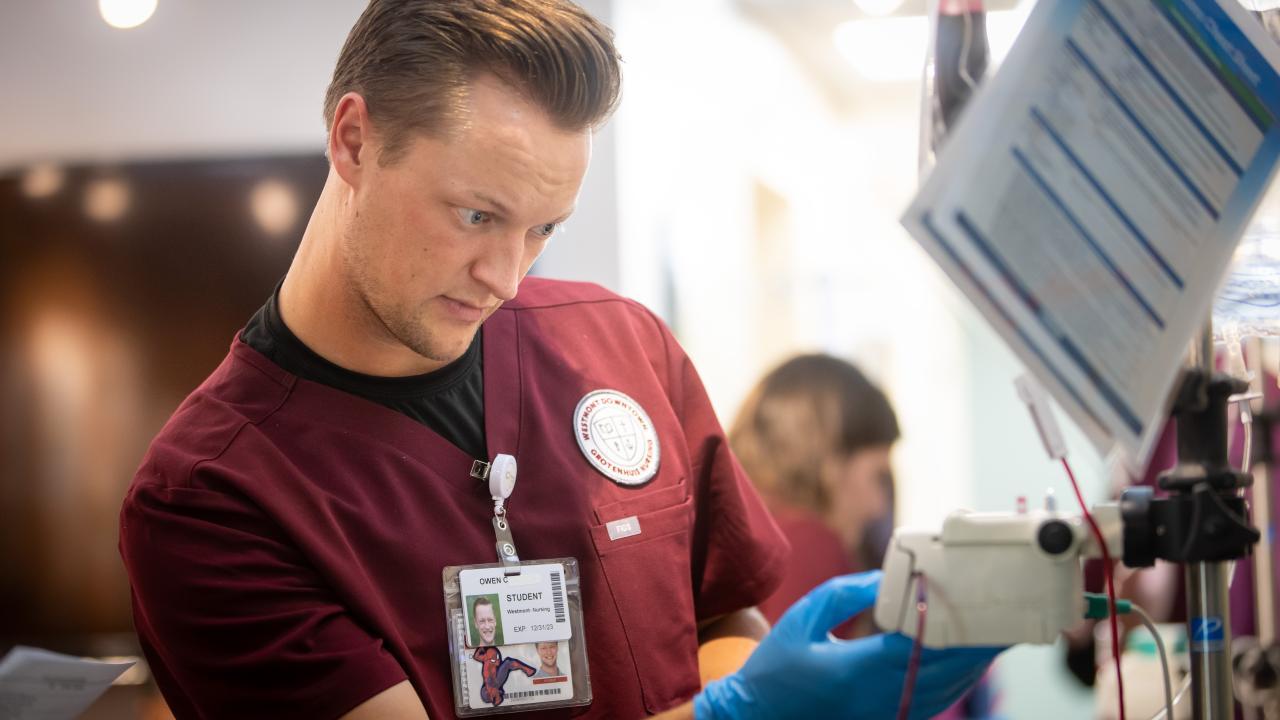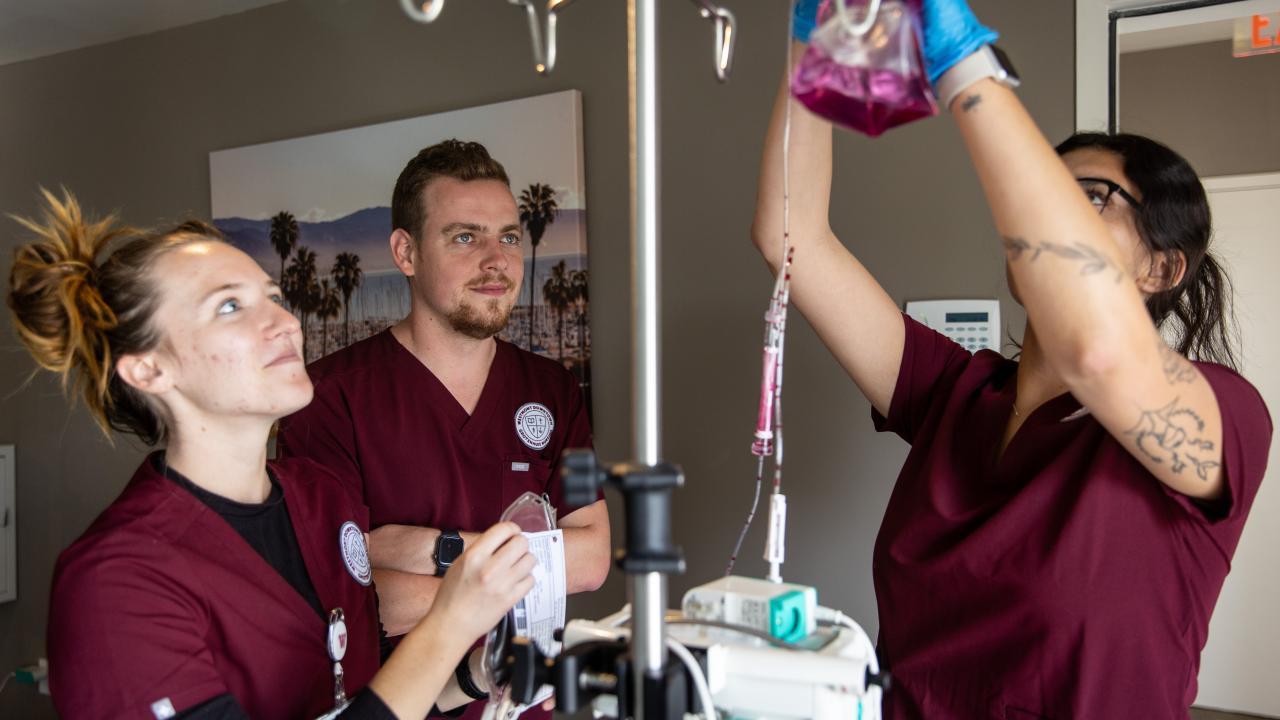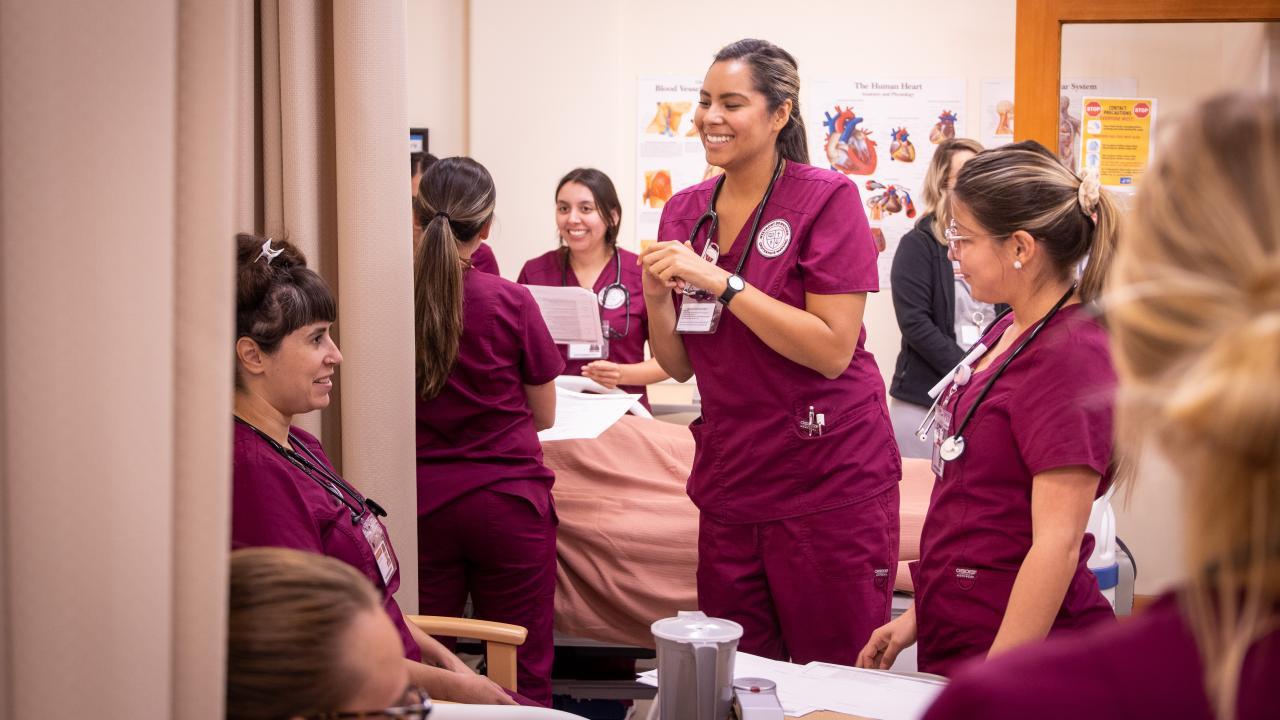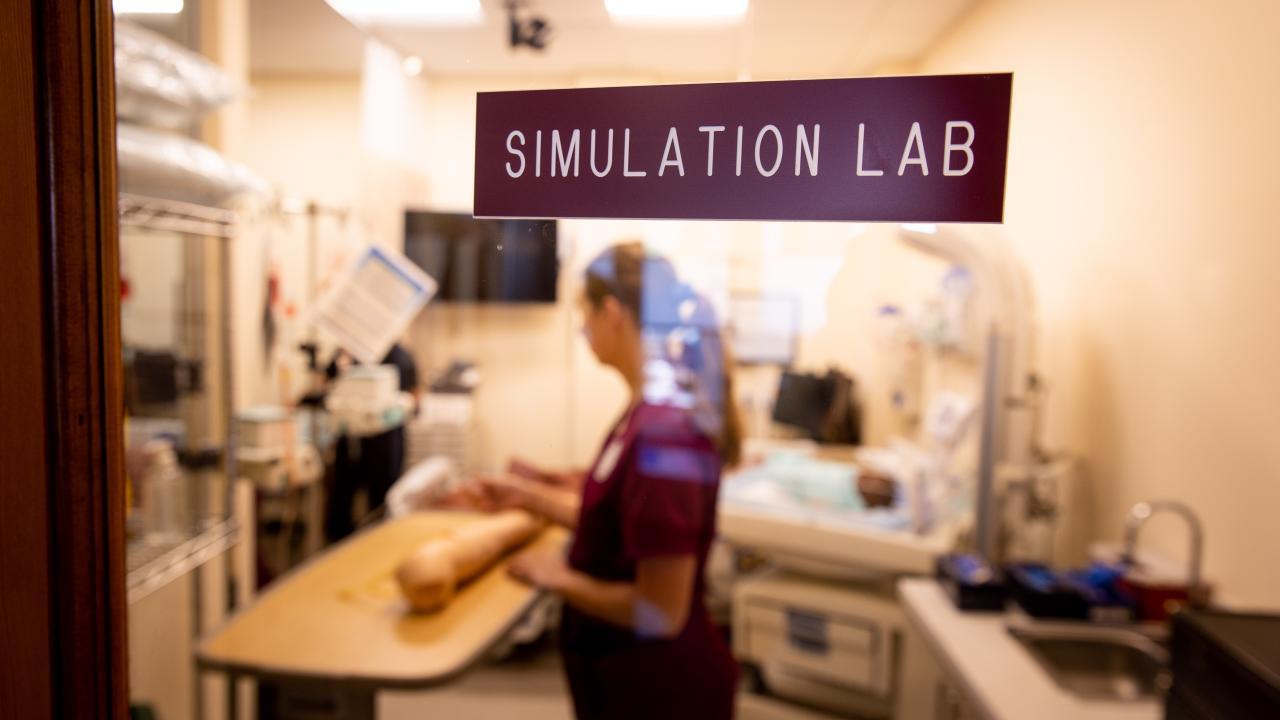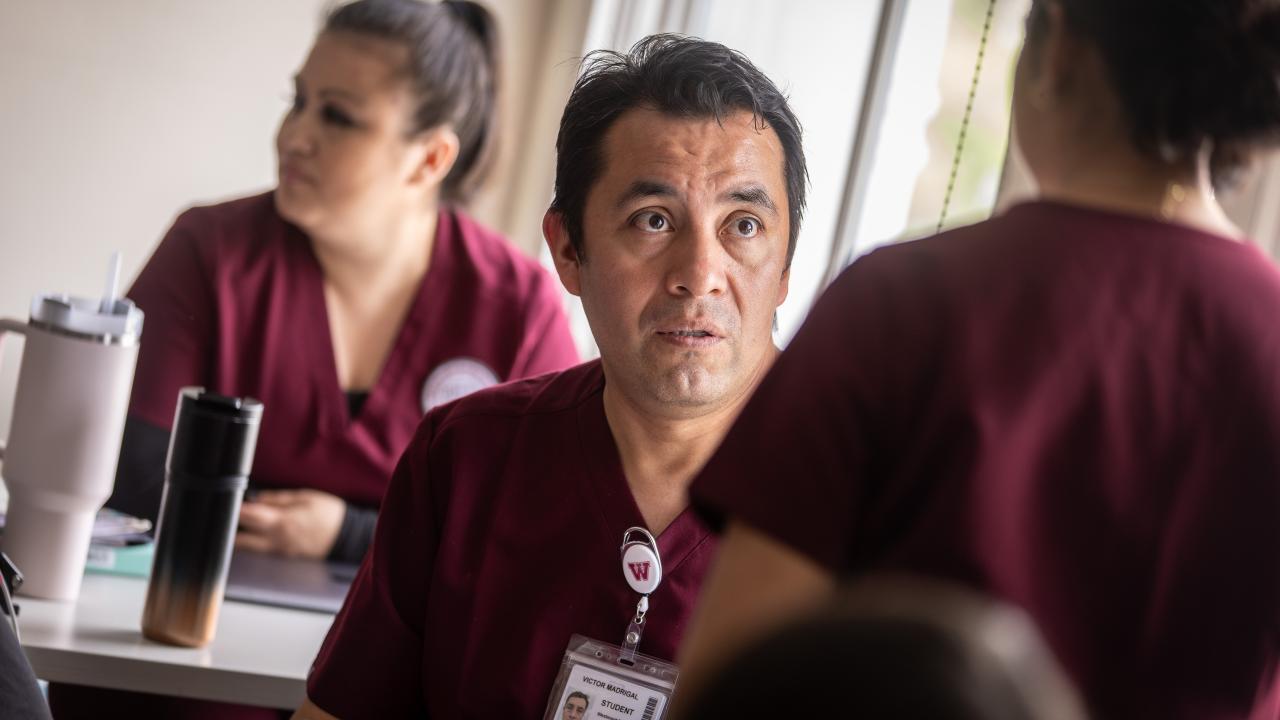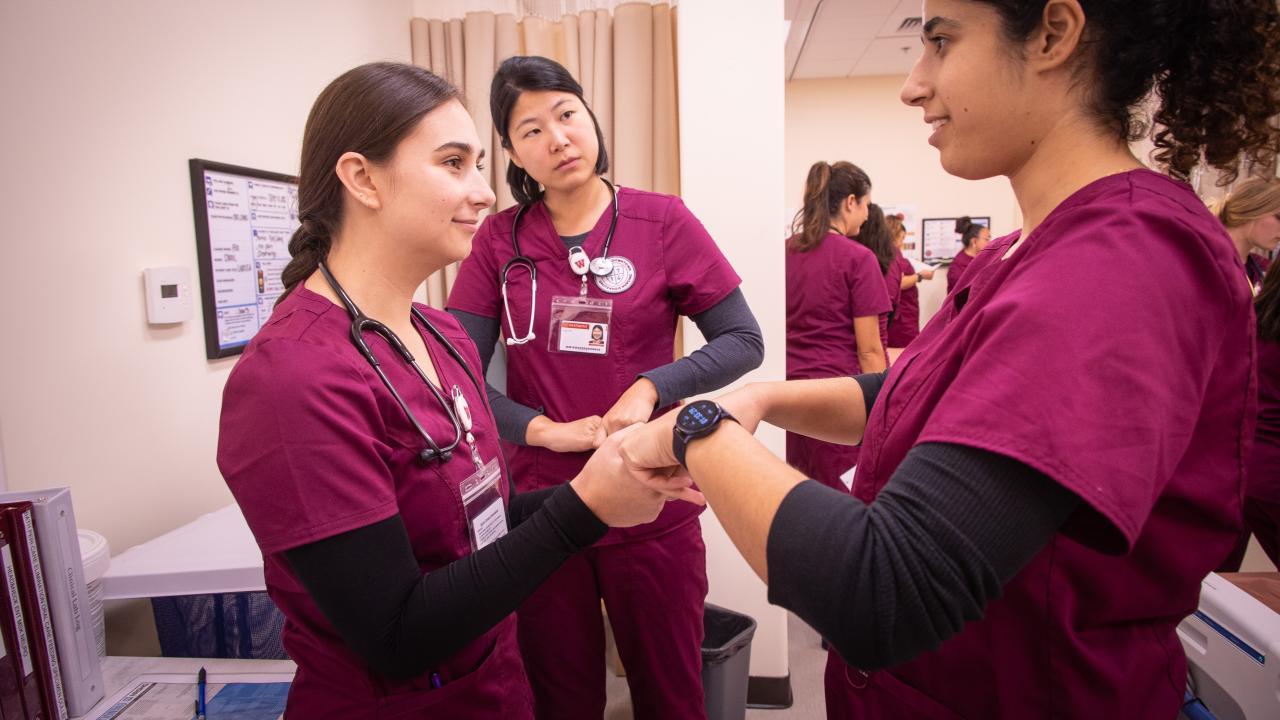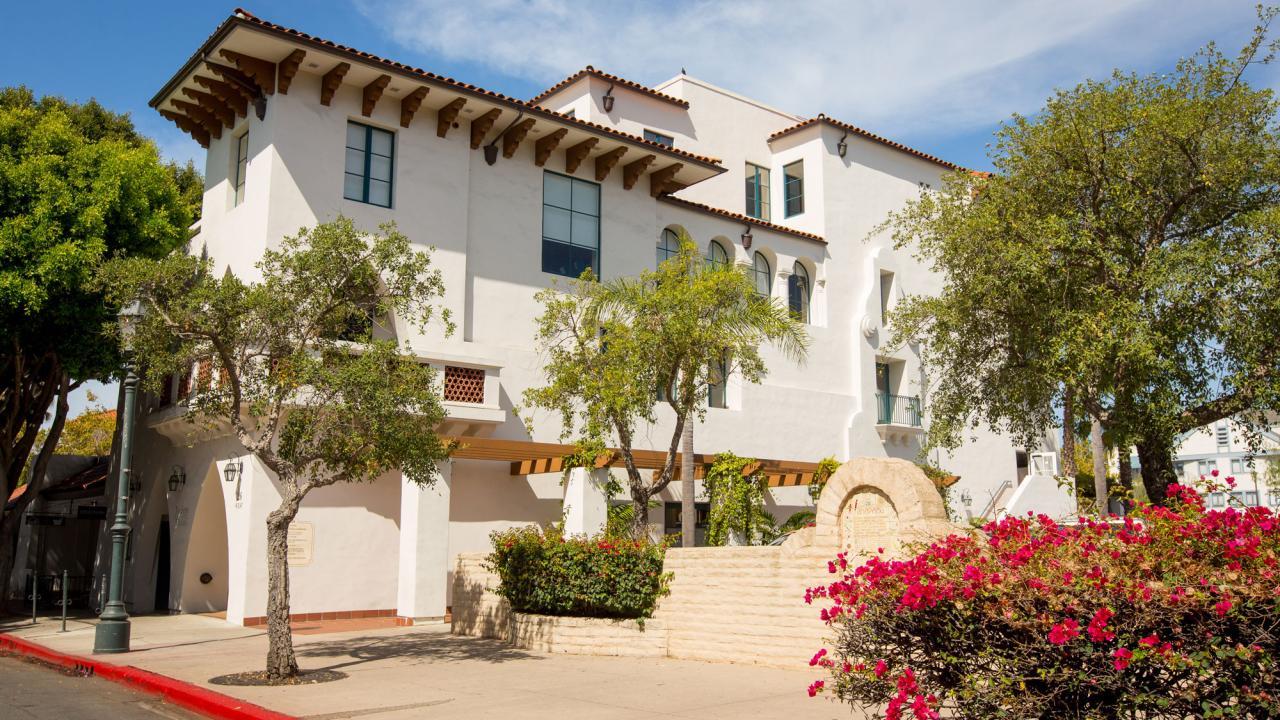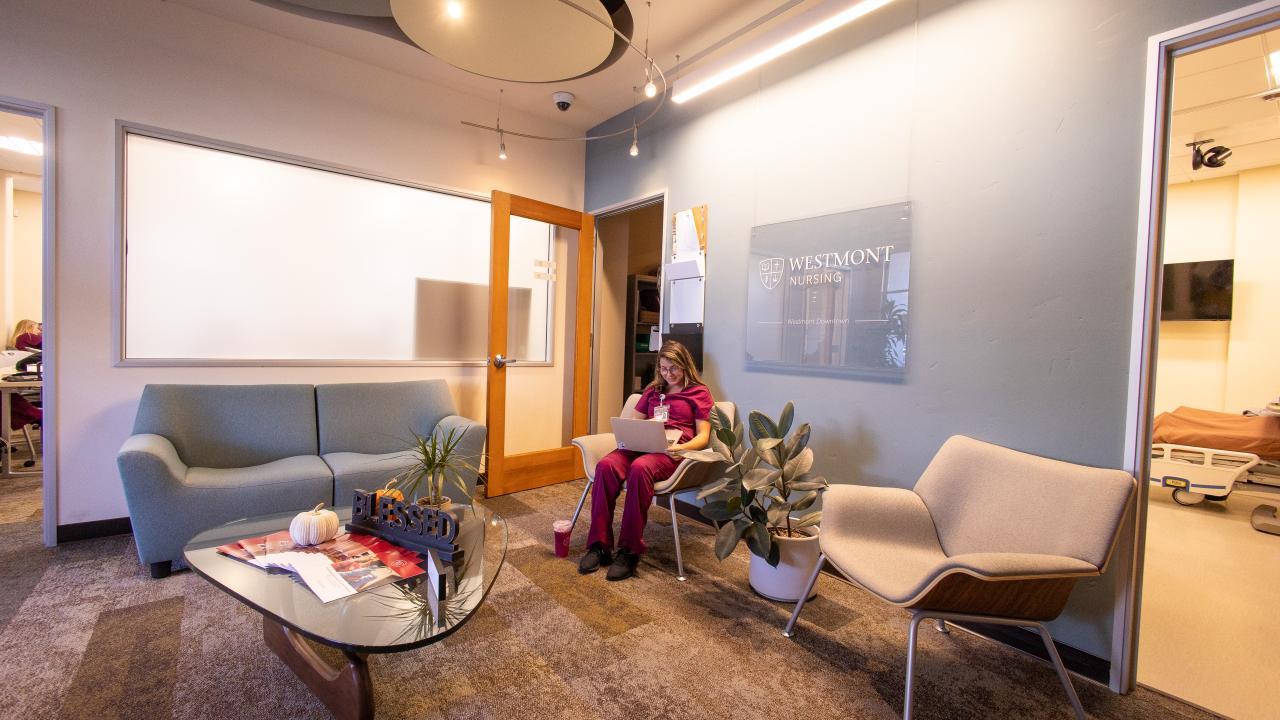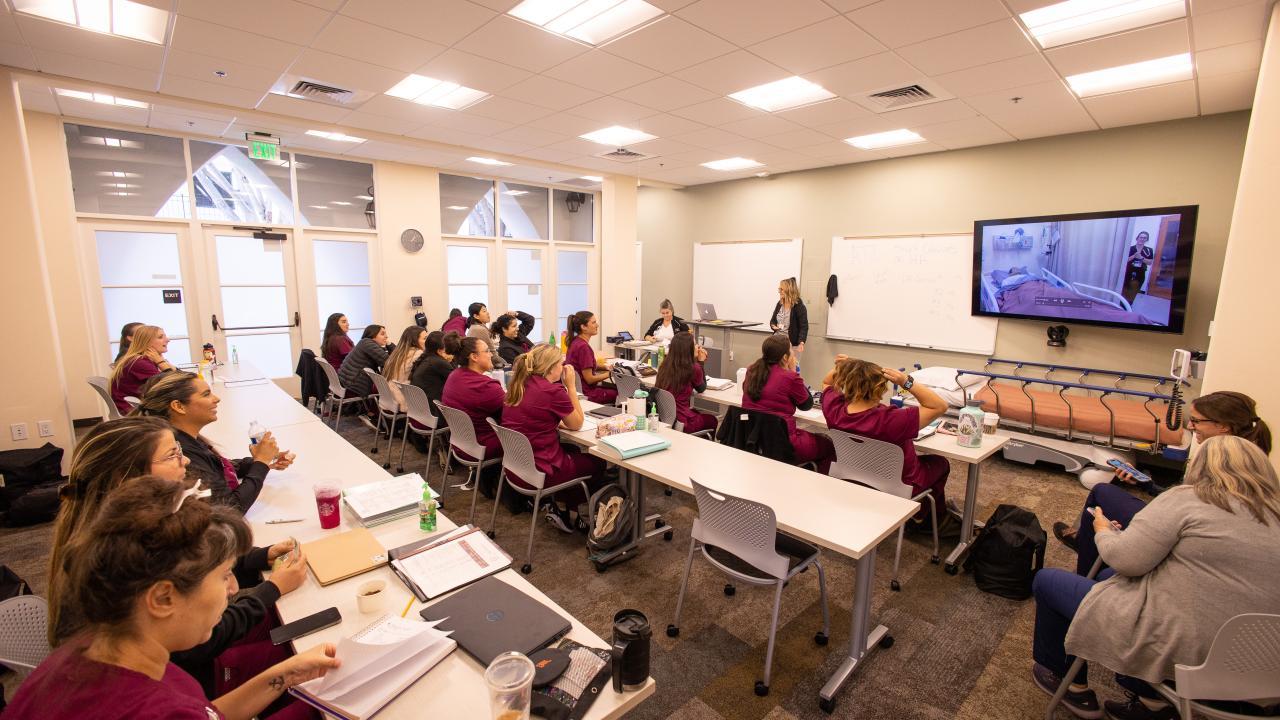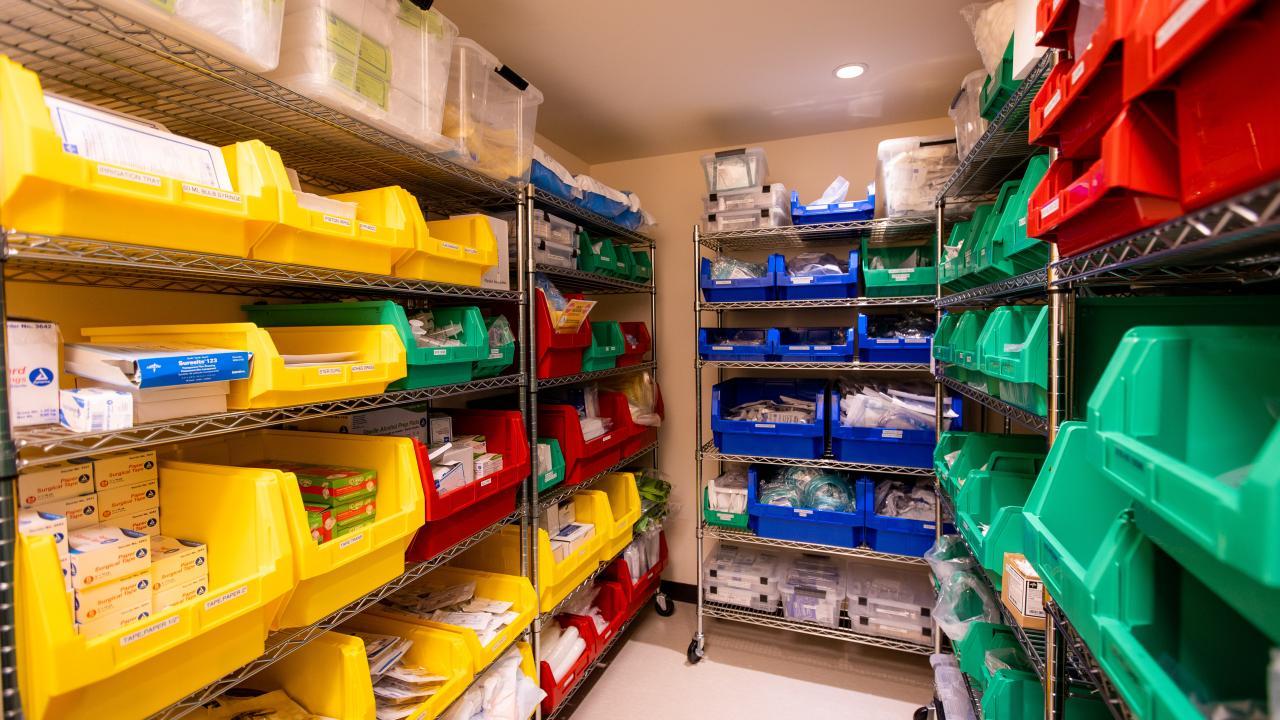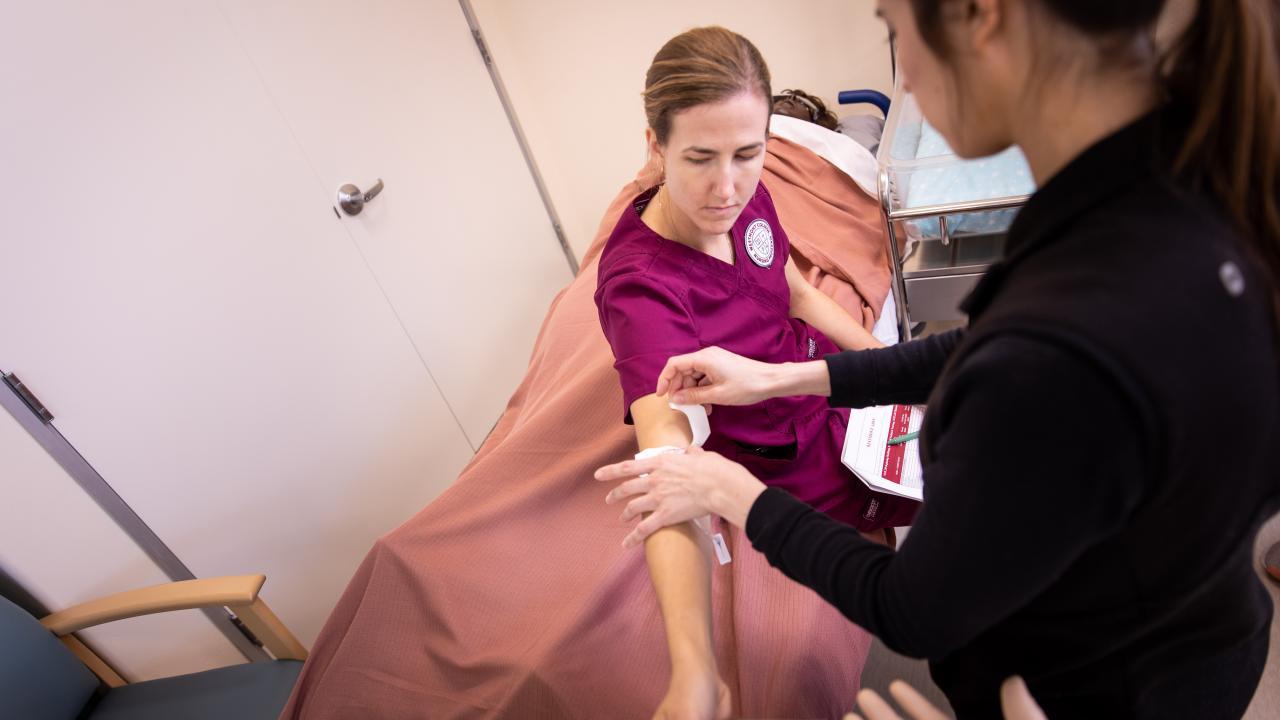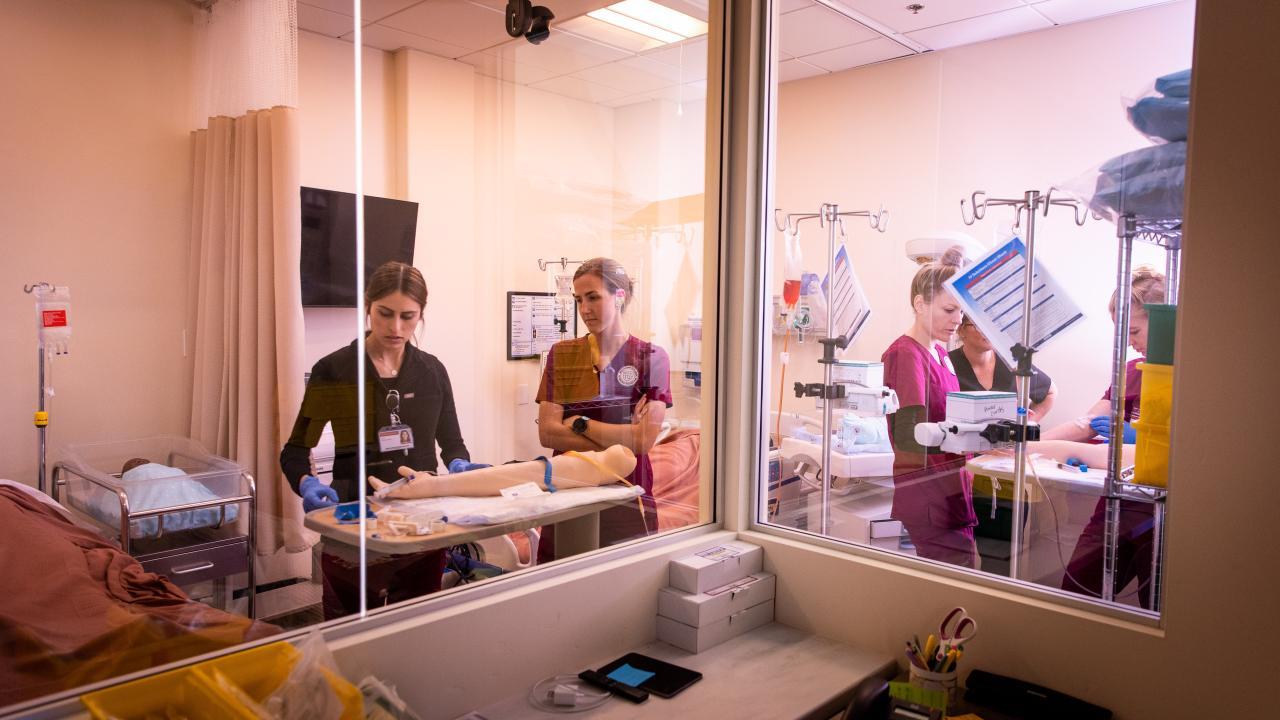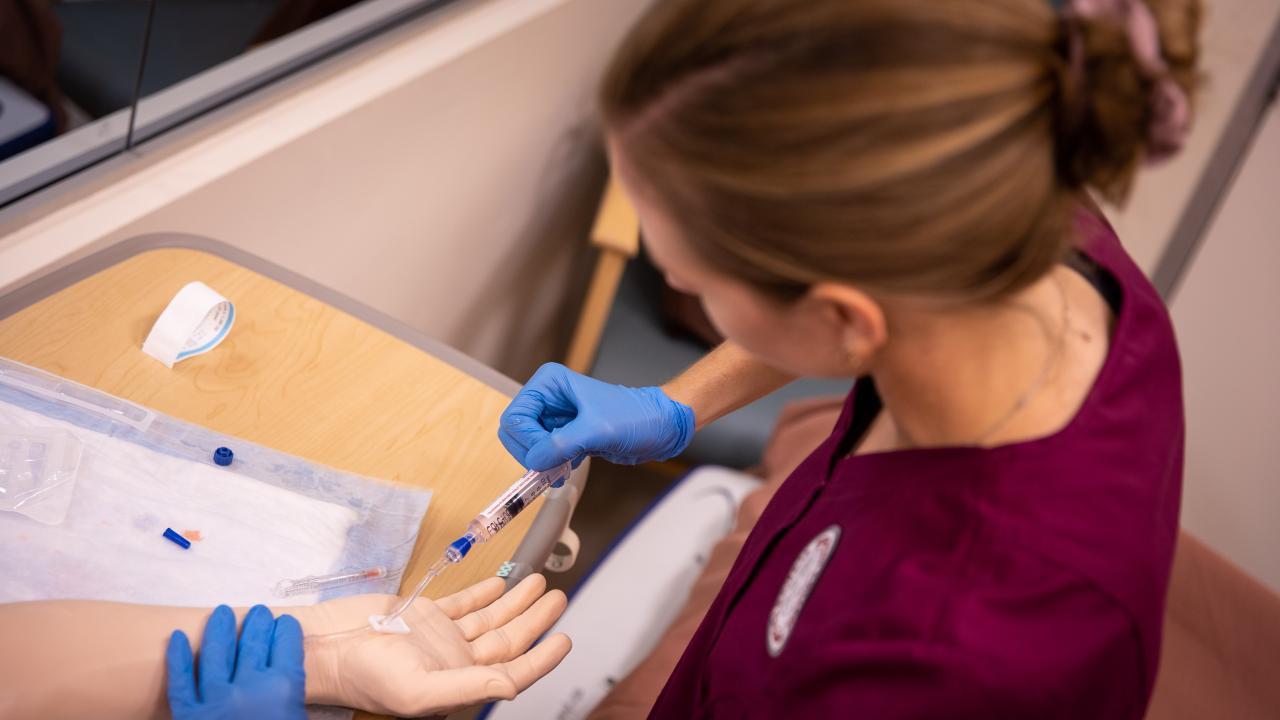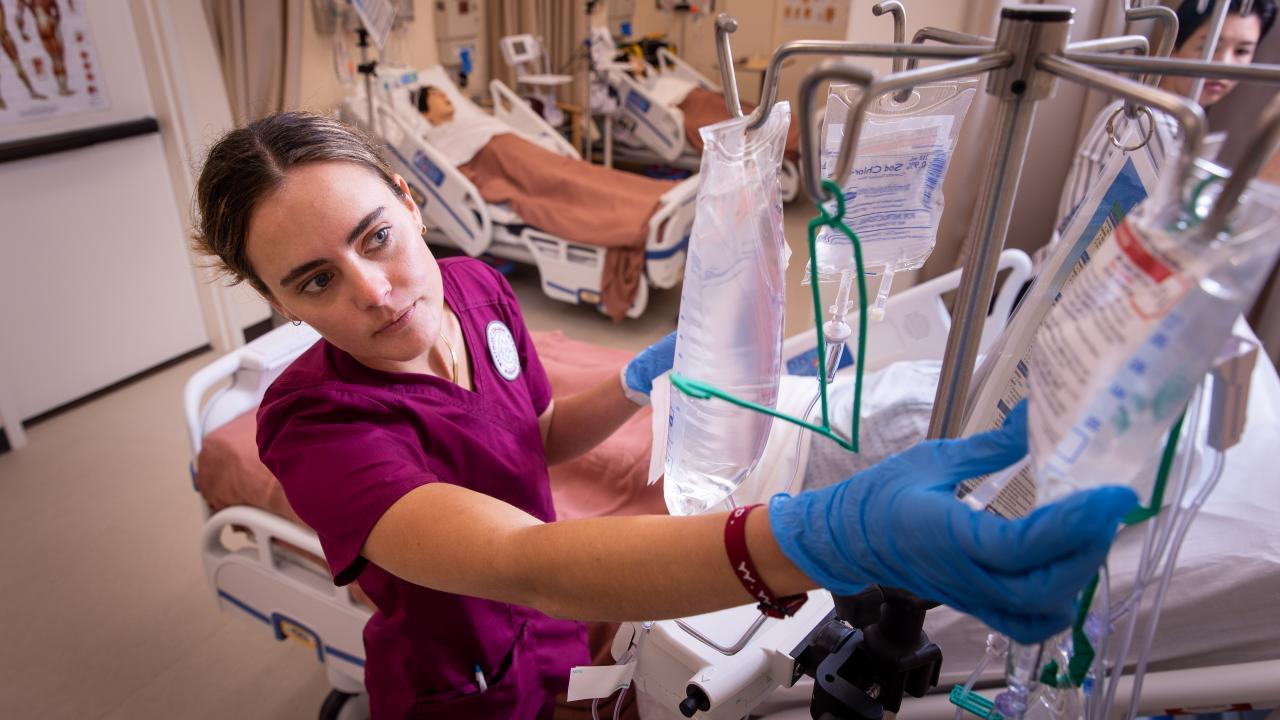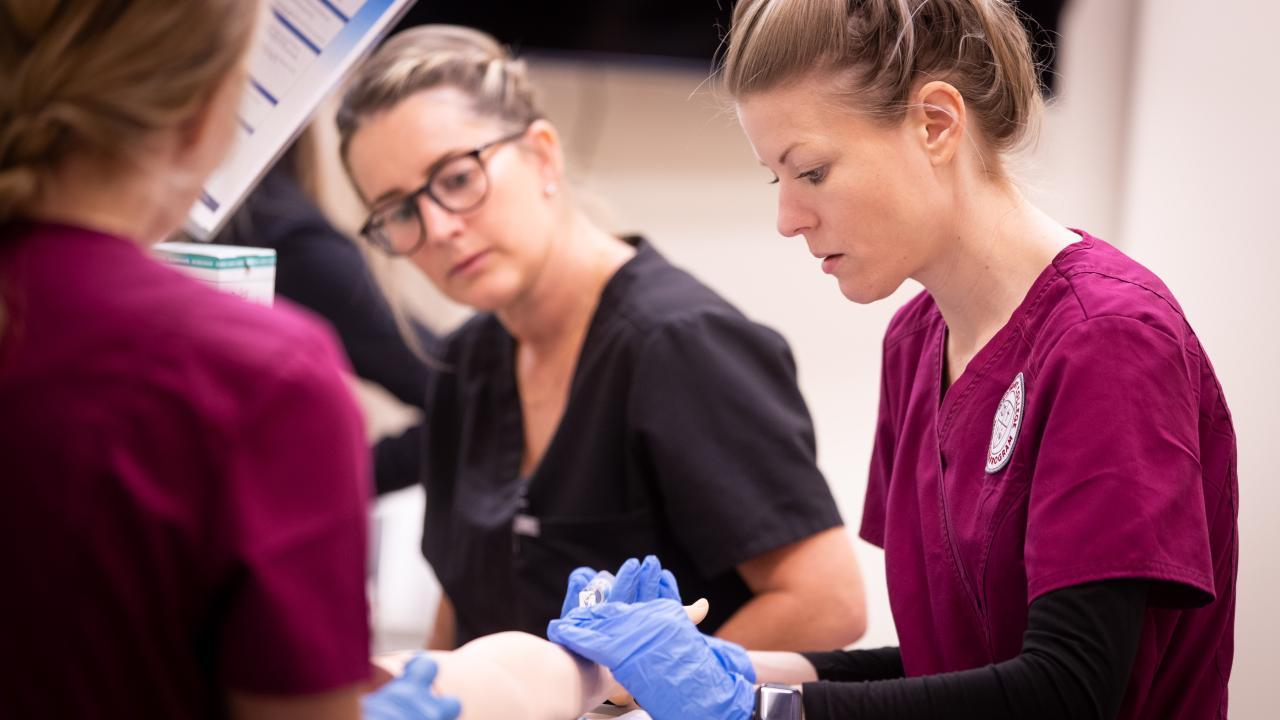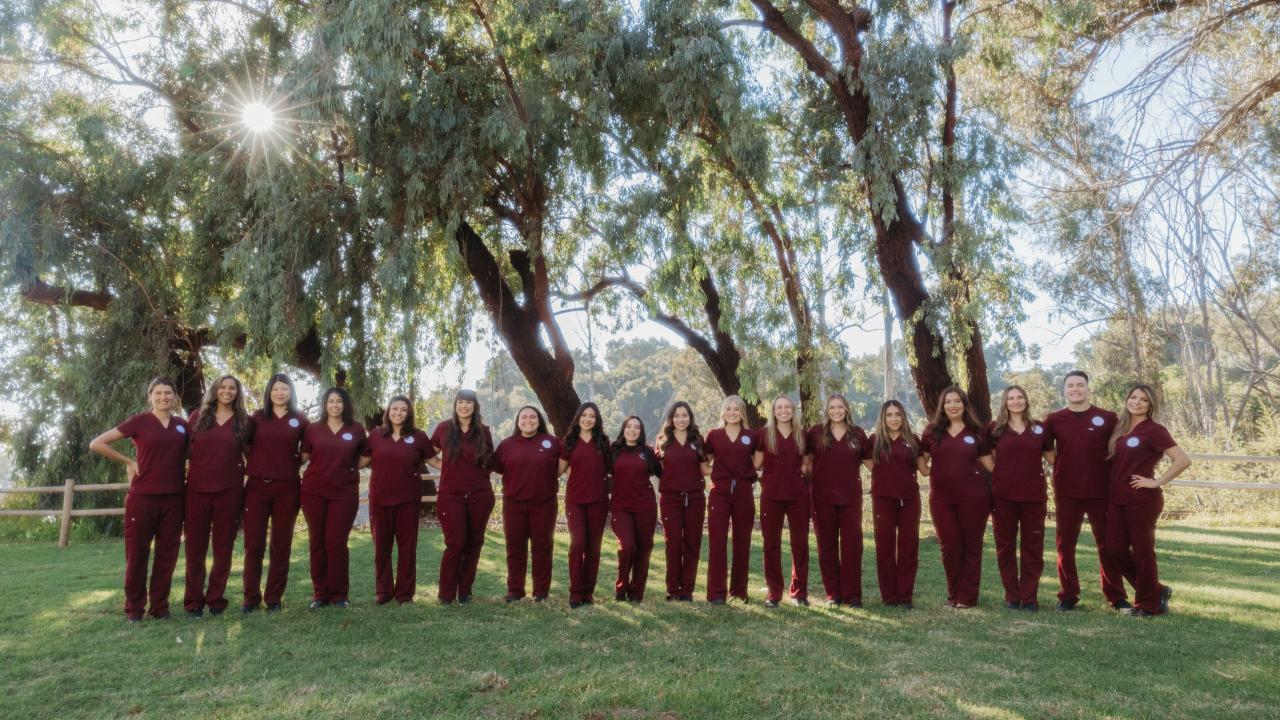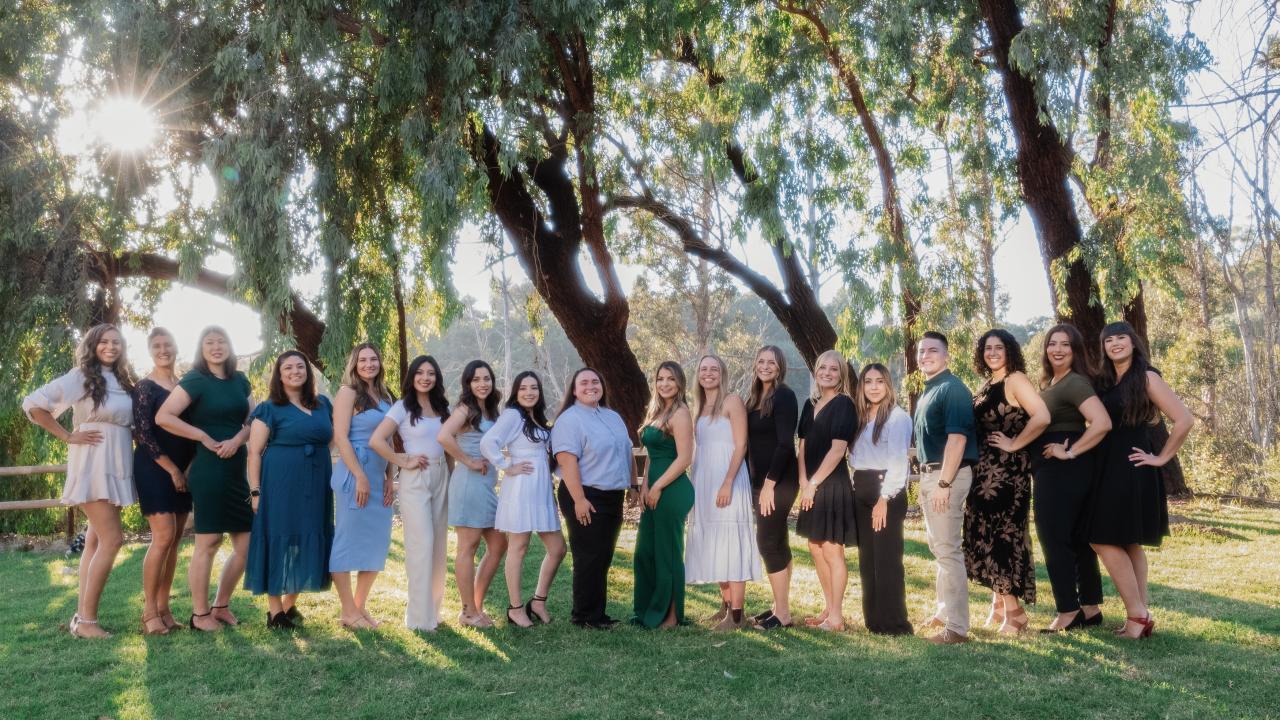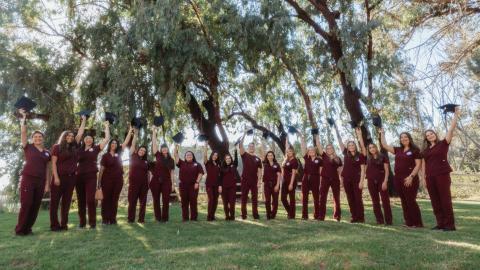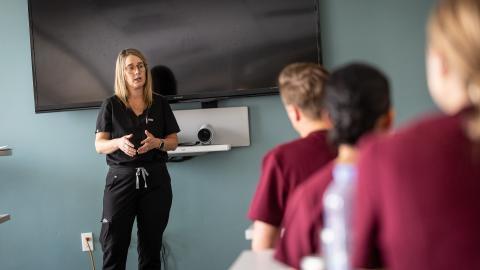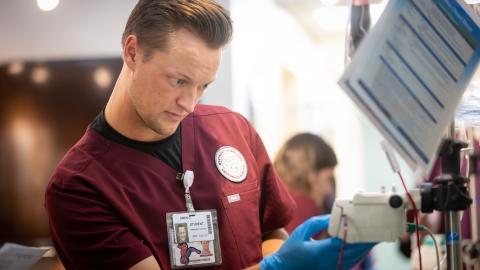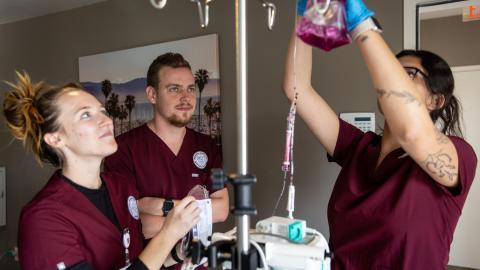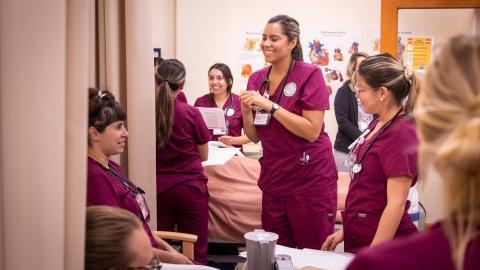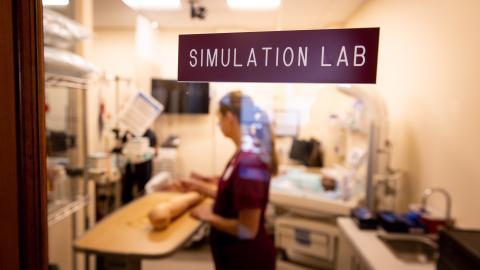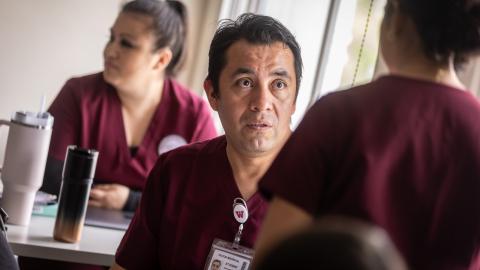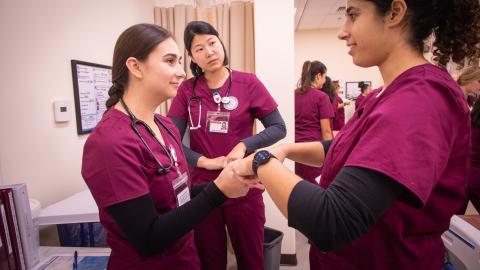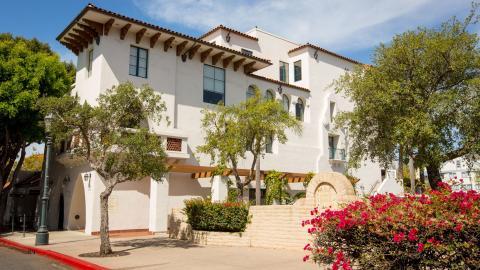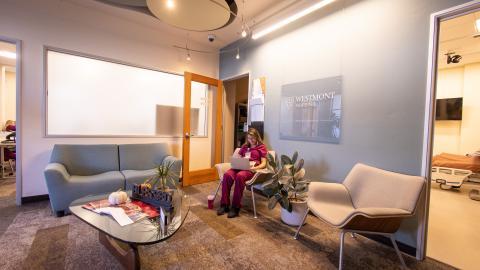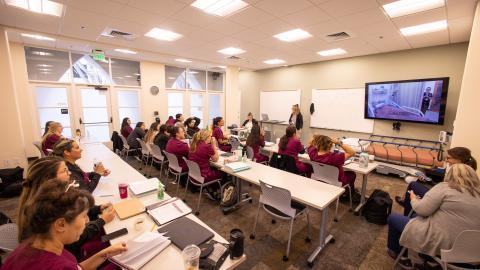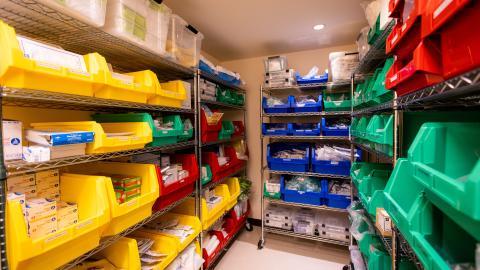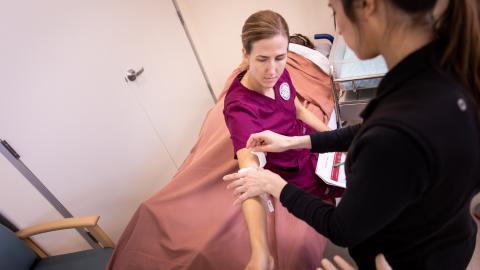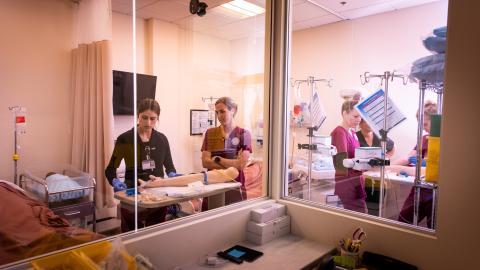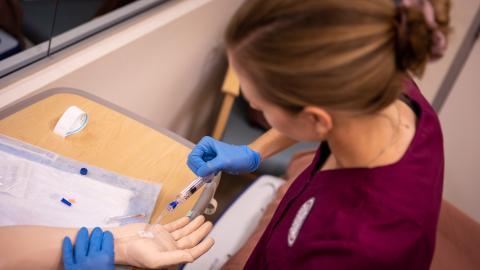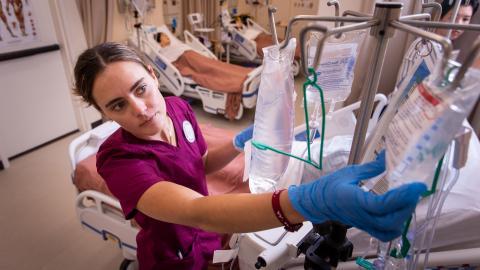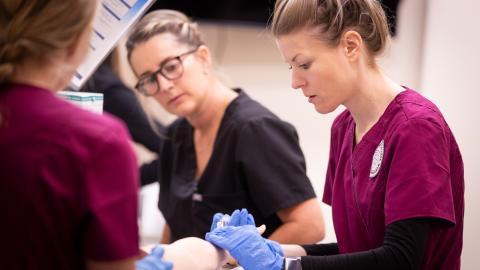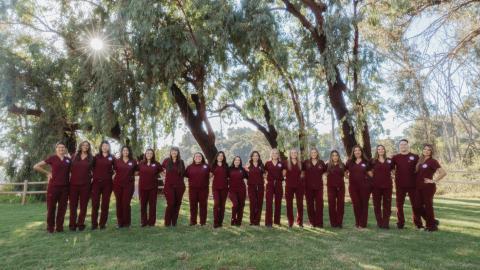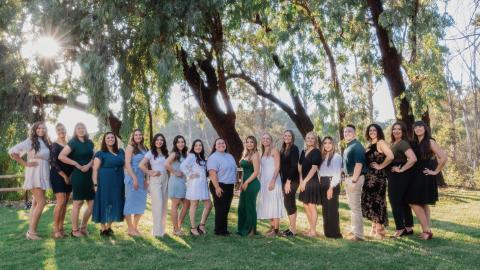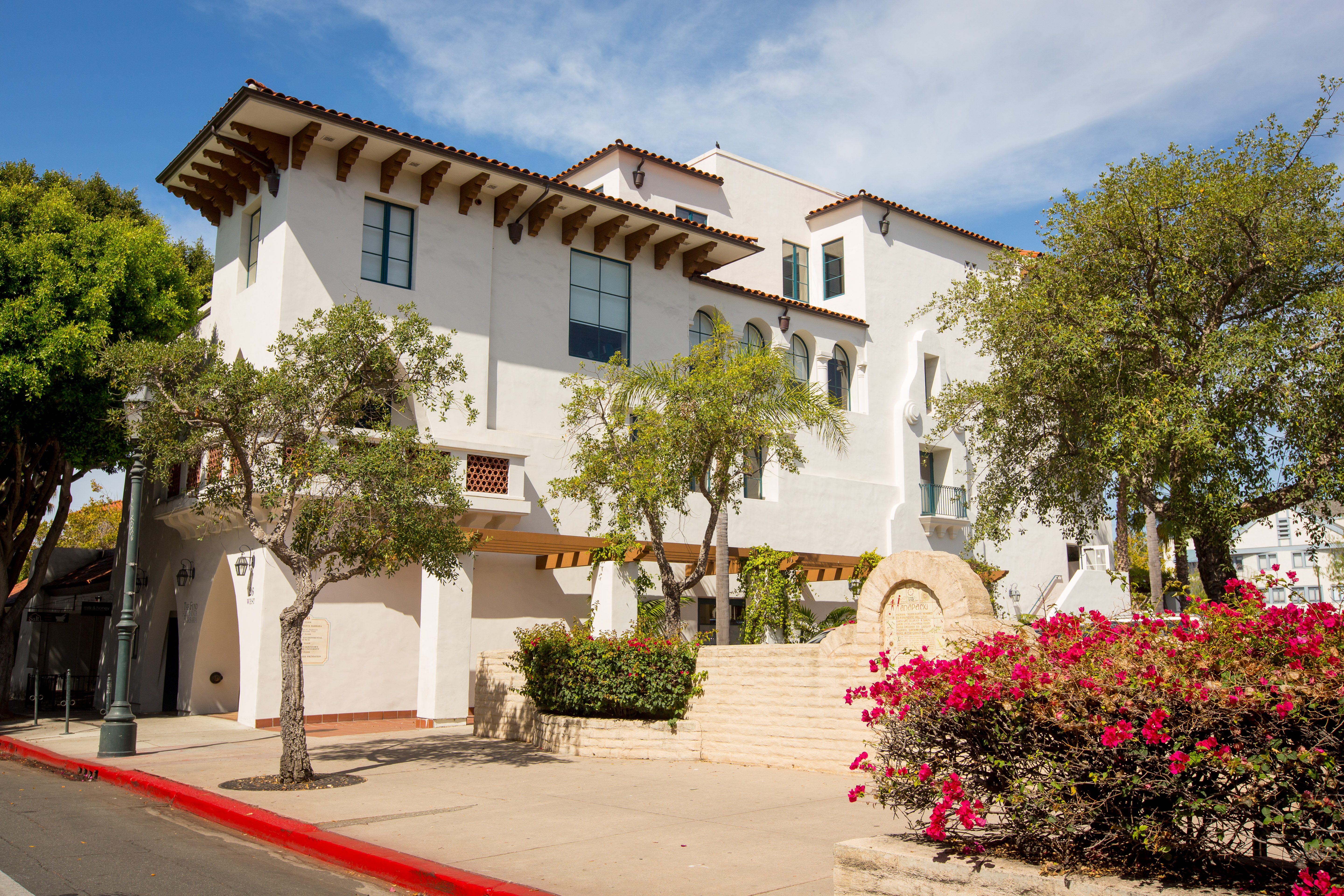The Westmont Downtown Grotenhuis Nursing Program offers an Accelerated Bachelor of Science in Nursing (ABSN) degree, helping students master the skills and knowledge necessary for a successful career in healthcare. Committed to faith, integrity, and service, our expert faculty and staff prepare compassionate, skilled nurses who exemplify empathy, excellence, and professionalism. Apply today and take the next step toward a rewarding and impactful nursing career!
This post-baccalaureate program requires prior completion of a B.A. or B.S degree.
Summer 2026 Application Deadline: Rolling
Fall 2026 Application Deadline: February 15, 2026
Attend our Upcoming Information Night!
Join us for an engaging, in-person information session on Westmont's ABSN Program! During the event, you'll have the opportunity to meet with program faculty and staff, take a tour of the facilities, and ask any questions relevant to the program, application process, and financial aid. See important details and submit your RSVP below!
WHEN: Wednesday, March 11, 2026 | 6:00-7:30 PM PT
WHERE: Westmont Downtown Keith Center, 29 W Anapamu St, Santa Barbara, CA 93101
Westmont Graduates 25 New Nurses
Westmont celebrated the accomplishments of 25 new graduates of the Westmont Downtown | Grotenhuis Nursing program at a pinning ceremony Dec. 18 before a standing-room only crowd at Montecito Covenant Church. This is the sixth cohort to graduate from the 16-month accelerated bachelor of science in nursing program, housed at 26 W. Anapamu.
FIRST-TIME NCLEX PASS RATE
94%
PROGRAM COST
$68,000
PROGRAM DURATION
16 months
DEGREE EARNED
Bachelors of Nursing Degree
TOTAL UNITS
74
TOTAL CLINICAL HOURS
900
An Accelerated Program
The 16-month ABSN program admits applicants with a baccalaureate degree to complete a rigorous education and clinical training that prepares them to become a registered nurse. Westmont offers three cohorts per year, Fall, Spring, and Summer, each with 36 nursing students.
Students complete clinical rotations at Cottage Health, Sansum Clinic, Santa Barbara Public Health, Goleta Unified School District, Ventura County Medical Center, Ventura County Public Health, Ventura Unified School District, and many other local healthcare facilities.
Westmont offers the best of the timeless liberal arts, with students exploring the breadth of academic disciplines, from the arts to the sciences, while delving deep in their major. Highly qualified professors share their research with students and teach essential skills such as critical thinking and effective communication. All majors, including nursing, engineering, and data analytics, expose students to a variety of viewpoints and encourage deeper thinking that leads to finding a meaningful purpose in life.
Are you a HIGH SCHOOL or TRANSFER STUDENT?
Check out Westmont's Undergraduate Fast Track in Nursing.
Are you local? Come have a coffee on us!
Whether you’re looking to connect about program details, prerequisites, the application process, or you’d just like to say hi, we’re available and would love to meet you!
Schedule your individualized visit today!
Come and visit our state-of-the-art nursing campus! Schedule your tour of our brand new facilities, meet with program faculty, and ask any questions relevant to the program, application, or financial aid process.
Email nursing@westmont.edu to get started!
Westmont Downtown Nursing Campus
26 W. Anapamu Street, Santa Barbara, CA
Westmont Downtown
The Westmont Downtown Grotenhuis Nursing Program is located in the heart of downtown Santa Barbara. The building features a state-of-the-art simulation lab, a team-based learning environment, and progressive healthcare facilities to support a vibrant nursing program. The convenient location also provides students with easy access to affordable eateries, parks and all their clinical rotations throughout the Santa Barbara area.
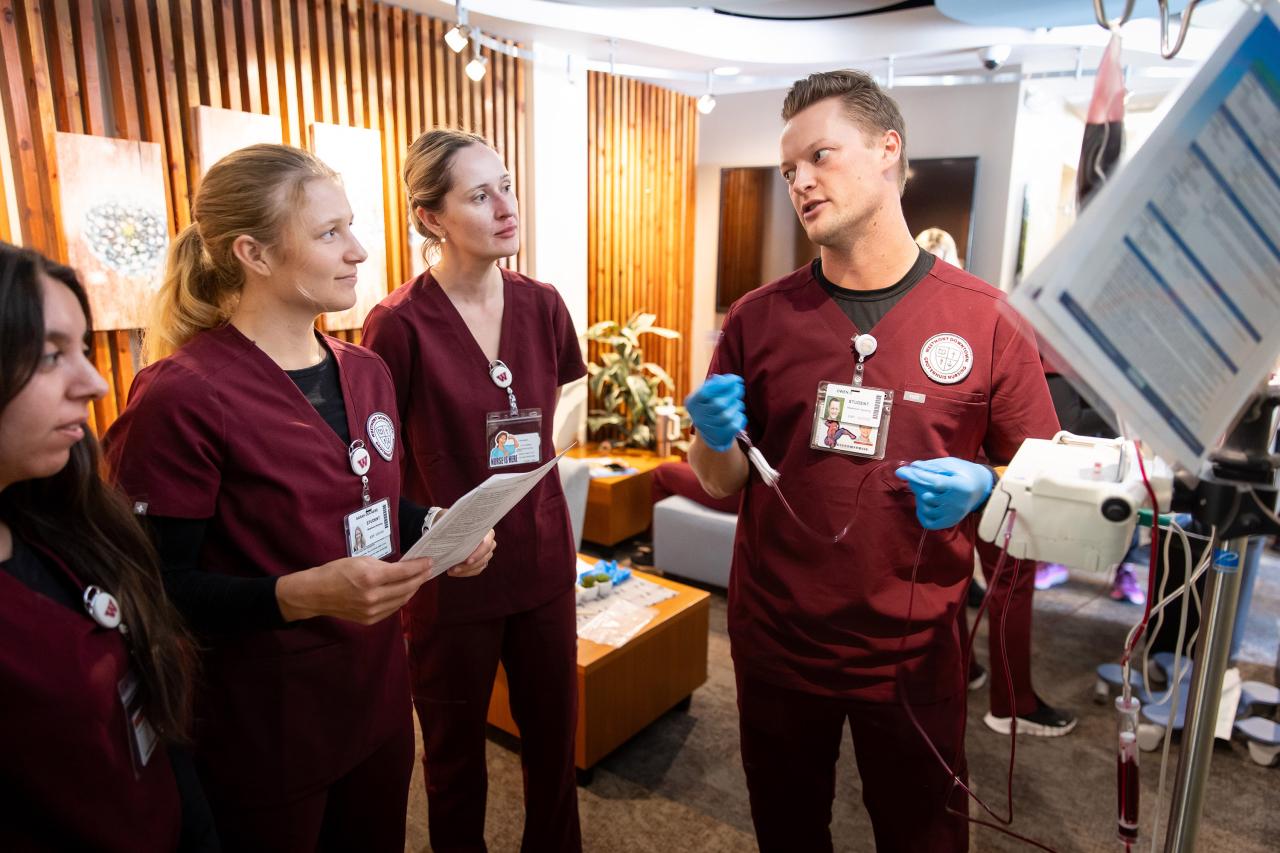
A Call to Care: Expanding Program Answers Demand for More Nurses
Westmont Downtown expands its nursing program to meet California’s urgent healthcare needs, offering more students a fast-track to compassionate, skilled service.

Nursing Programs Grow in Downtown Santa Barbara
Westmont Downtown | Grotenhuis Nursing Programs Expand to the Keith Center.




